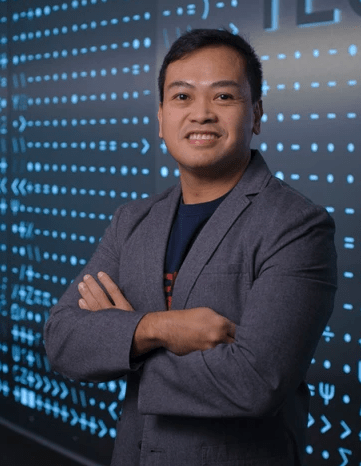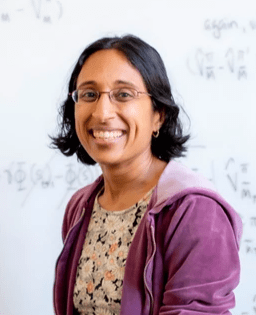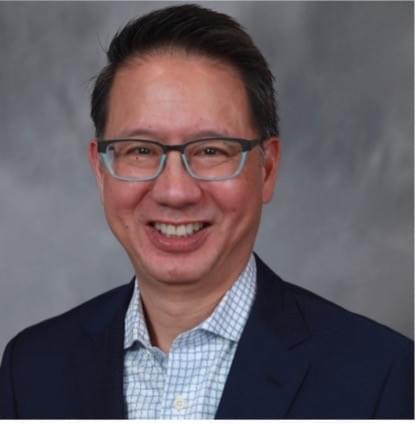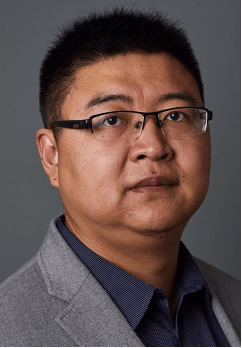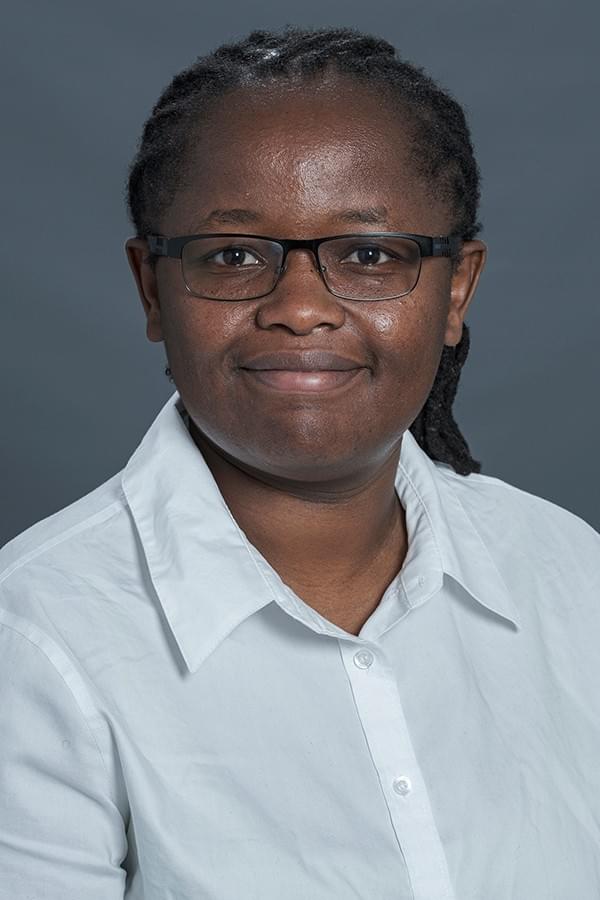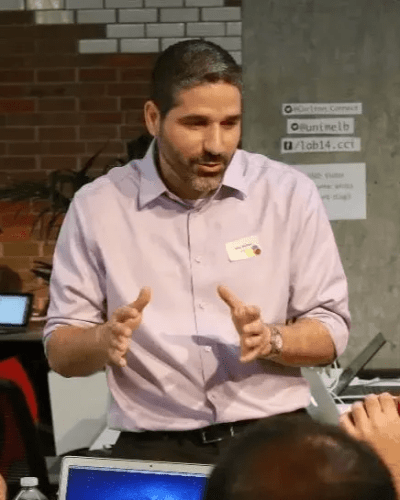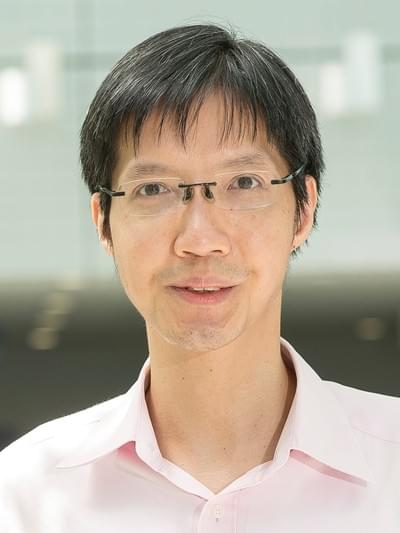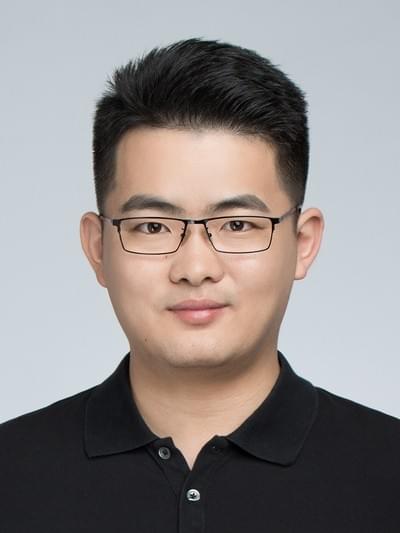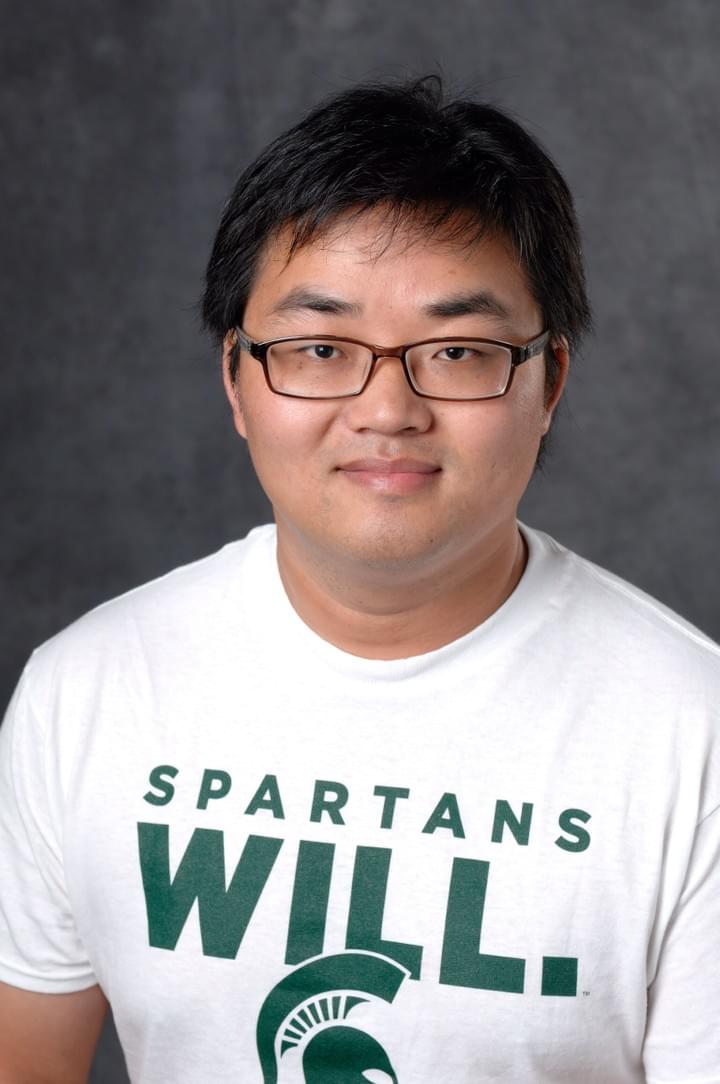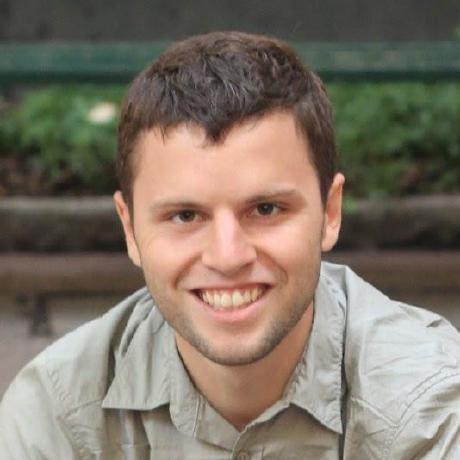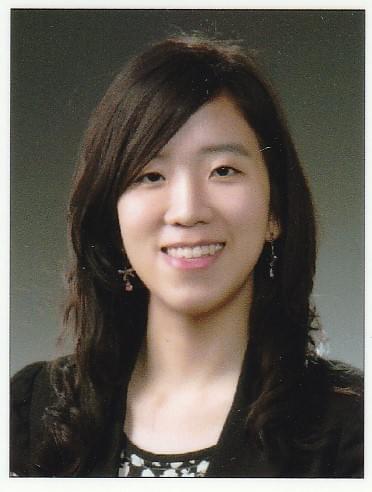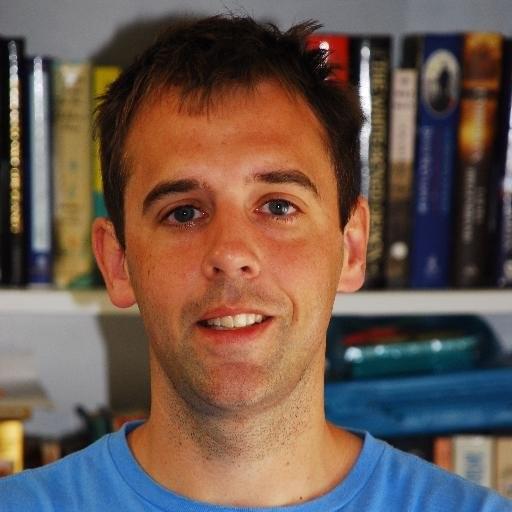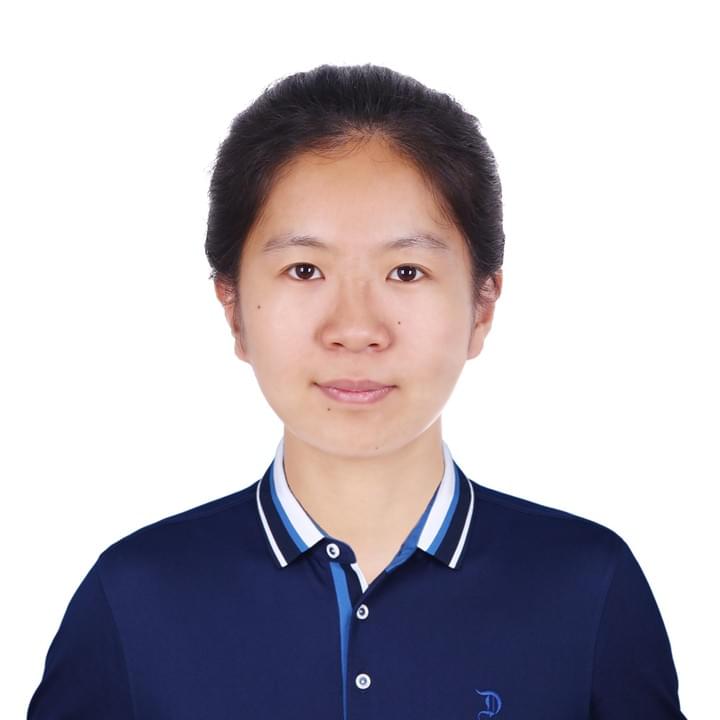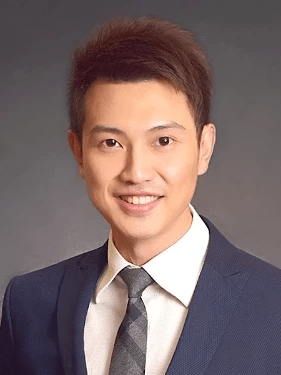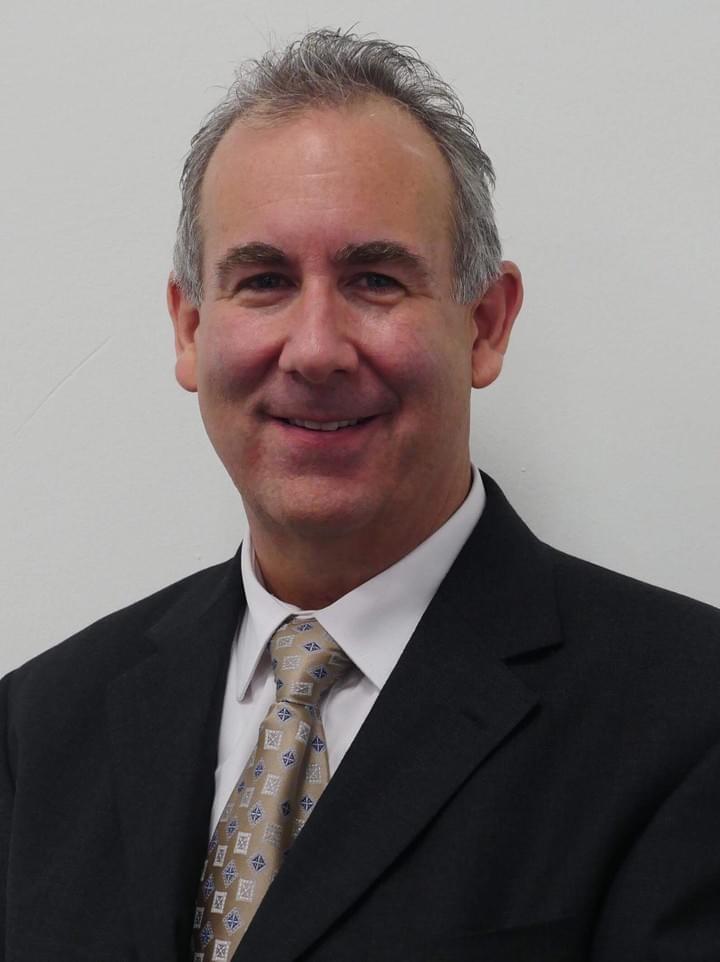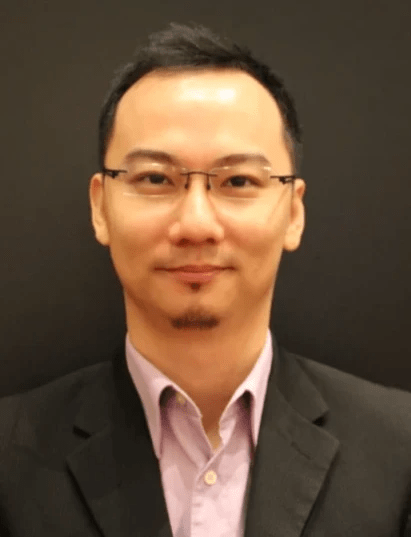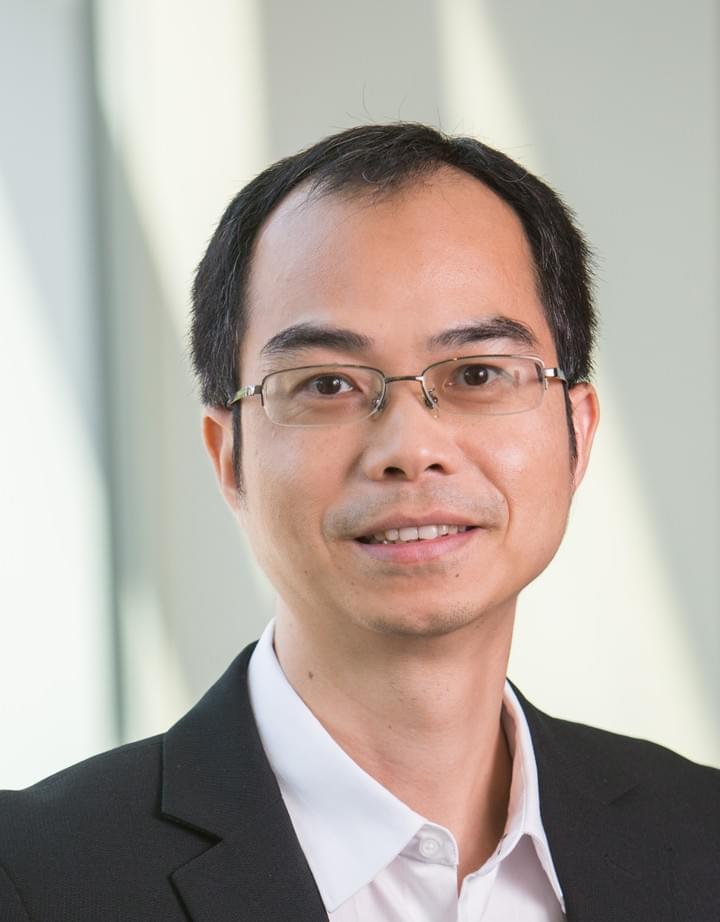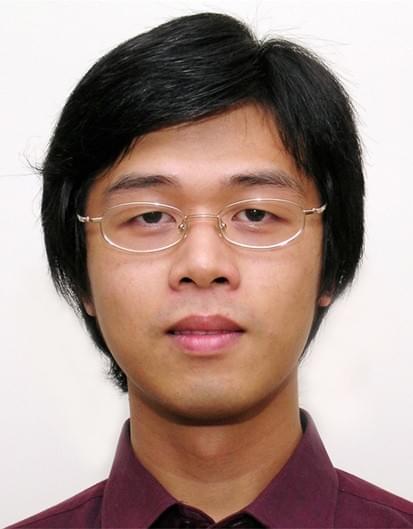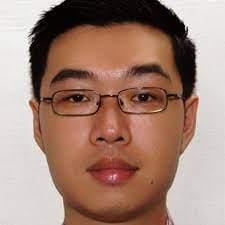
SG HEALTHCARE AI
DATATHON & EXPO
Schedule and Mentors
Cultivate cross-disciplinary collaborations
3-5 Dec 2021
Over SGD 20,000 Total Cash Prizes for Top Teams
Program
Online Opening 3rd Dec 8PM (Singapore Time)
https://nus-sg.zoom.us/j/87253147272?pwd=RFVZeFQ5MGducGlYTFdicFlEU2laZz09
Datathon Finals 5th Dec 9PM (Singapore Time)
https://nus-sg.zoom.us/j/84856040396?pwd=eDlzTlhiazJJMjk2dHR3Szc0WGpPZz09
International Mentors & Judges
Assoc Prof Leo Anthony Celi (MIT)
Clinical Director, LCP MIT
has practiced medicine in three continents, giving him broad perspectives in healthcare delivery. As clinical research director and principal research scientist at the MIT Laboratory for Computational Physiology (LCP), and as an attending physician at the Beth Israel Deaconess Medical Center (BIDMC), he brings together clinicians and data scientists to support research using data routinely collected in the process of care. His group built and maintains the public-access Medical Information Mart for Intensive Care (MIMIC) database, which holds clinical data from over 60,000 stays in BIDMC intensive care units (ICU). It is an unparalleled research resource; over 5000 investigators from more than 70 countries have free access to the clinical data under a data use agreement. In 2016, LCP partnered with Philips eICU Research Institute to host the eICU database with more than 2 million ICU patients admitted across the United States.
Leo also founded and co-directs Sana, a cross-disciplinary organization based at the Institute for Medical Engineering and Science at MIT, whose objective is to leverage information technology to improve health outcomes in low- and middle-income countries. He is one of the course directors for HST.936 – global health informatics to improve quality of care, and HST.953 – collaborative data science in medicine, both at MIT. He is an editor of the textbook for each course, both released under an open access license. The textbook “Secondary Analysis of Electronic Health Records” came out in October 2016 and was downloaded more the 100,000 times in the first year of publication. The massive open online course HST.936x “Global Health Informatics to Improve Quality of Care” was launched under edX in February 2017. Finally, Leo has spoken in 25 countries about the value of data in improving health outcomes.

Dr Finale Doshi-Velez, PhD
Gordon McKay Professor of Computer Science, Harvard University
is a Gordon McKay Professor in Computer Science at the Harvard Paulson School of Engineering and Applied Sciences. She completed her MSc from the University of Cambridge as a Marshall Scholar, her PhD from MIT, and her postdoc at Harvard Medical School. Her interests lie at the intersection of machine learning, healthcare, and interpretability.
Dr. Ian Chuang
Chief Medical Officer, EMEALAAP Health, Elsevier
is the global Chief Medical Officer (CMO) for Elsevier, an information analytics business within the UK-based, FTSE-listed RELX group. Dr. Chuang’s focus at Elsevier is collaborating with healthcare leaders to improve Healthcare Information Technology (HCIT) adoption, especially as it relates to clinical decision support and improving health system decisions and processes of care to improve outcomes.
Dr. Chuang’s experience spans the entire care continuum, including applied healthcare informatics, controlled medical terminology, knowledge representation, clinical decision support (CDS) and analytics. Prior to joining Elsevier, he has led roles at both strategic level management of healthcare systems and physician leadership, and hands-on implementation of process optimization at the point-of-care. His insights cover the full spectrum of delivering knowledge-driven care, whether it is capturing and structuring data, analytics and predictive modeling, or CDS functionalities intersecting with clinical workflow.
Dr. Chuang holds a Doctor of Medicine degree from the University of Toronto and a Master’s degree in administrative medicine from University of Wisconsin. He is a Senior Fellow at the Institute of Healthcare Design Thinking and holds an adjunct assistant professor position in the Department of Biomedical and Health Informatics at the University of Missouri. He has participated in many healthcare data standards organizations, including the National Quality Forum Health Information Technology Advisory Committee (HITAC).
Assoc Prof Fei Wang, PhD, FAMIA
Associate Professor at Weill Cornell Medicine
is an Associate Professor at Department of Population Health Sciences, Weill Cornell Medicine, Cornell University. His major research interest is data mining, machine learning and their applications in health data science. He has published on the top venues of related areas such as ICML, KDD, NeurIPS, AAAI, JAMA Internal Medicine, Annals of Internal Medicine, etc. His papers have received over 13,400 citations so far with an H-index 57. His (or his students’) papers have won 7 best paper (or nomination) awards at international academic conferences. His team won the championship of the NIPS/Kaggle Challenge on Classification of Clinically Actionable Genetic Mutations in 2017 and Parkinson’s Progression Markers Initiative data challenge organized by Michael J. Fox Foundation in 2016. Dr. Wang is the recipient of the NSF CAREER Award in 2018, as well as the inaugural research leadership award in IEEE International Conference on Health Informatics (ICHI) 2019. Dr. Wang is the chair of the Knowledge Discovery and Data Mining working group in American Medical Informatics Association (AMIA). Dr. Wang is a Fellow of AMIA.

Asst/Prof Judy Wawira Gichoya
Department of Radiology & Imaging Sciences, Emory University
is a multidisciplinary researcher, trained as both an informatician and a clinically active radiologist. She is an assistant professor at Emory university, and works in Interventional Radiology and Informatics. She has been funded through the Grand Challenges Canada, NBIB and NSF ECCS. Her career focus is on validating machine learning models for health in real clinical settings, exploring explainability, fairness, and a specific focus on how algorithms fail. She has worked on the curation of datasets for the SIIM (Society for Imaging Informatics in Medicine) hackathon and ML committee. She volunteers on the ACR and RSNA machine learning committees to support the AI ecosystem to advance development and use of AI in medicine. She is currently working on the sociotechnical context for AI explainability for radiology, especially the dimensions of human factors that govern user perceptions and preferences of XAI systems.
Dr Omar Badawi, PharmD, MPH, FCCM
Director of Medical Device Safety; National Evaluation System for health Technology Coordinating Center (NESTcc)
is a clinician with expertise in product innovation bridging product management, real-world evidence, epidemiology and design of clinical decision support tools currently leading development of an active surveillance system for medical device safety at NESTcc. Over 15 years of experience in research and product development of telemedicine-based solutions to support population management of patients across the spectrum of care. Research expertise in large clinical databases and secondary use of electronic medical record data for comparative effectiveness research and development of predictive models and clinical decision support tools. Product Management experience engaging with customers and key stakeholders to develop product roadmap and bring ideas to market using Agile, Scrum and Waterfall software development and research processes. Peer reviewer for numerous journals such as: Critical Care Medicine, Journal of the American Medical Informatics Association, Big Data, Critical Care, and Nature Biomedical Engineering.
Prof Raymond Chi-Wing Wong
Professor in Computer Science and Engineering (CSE), The Hong Kong University of Science and Technology (HKUST)
was the Director of the Computer Engineering (CPEG) Program from 2014 to 2016 and was the Associate Director of the Computer Engineering (CPEG) Program from 2012 to 2014. He received the BSc, MPhil and PhD degrees in Computer Science and Engineering in the Chinese University of Hong Kong (CUHK) in 2002, 2004 and 2008, respectively. In 2004-2005, he worked as a research and development assistant under an R&D project funded by ITF and a local industrial company called Lifewood.
From May 2006 to Aug 2006, he was a visiting student of Prof. Jian Pei and Prof. Ke Wang, at Simon Fraser University in Canada. From Aug 2007 to Sept 2007, he visited IBM T.J. Watson Research Center as a summer intern under the supervision of Prof. Philip S. Yu. From Jun 2008 to Jul 2008, he visited Prof. Tamer Ozsu at University of Waterloo as a visiting scholar. Some of his collaborators are Prof. Ada Fu (2003-2013), Prof. Ke Wang (2003-2013), Prof. Philip S. Yu (2009-2013), Prof. Jian Pei (2006-2011), Prof. Tamer Ozsu (2009-2011), Prof. Jiuyong Li (2006-2011), Prof. Yufei Tao (2007-2009), Prof. Ihab Ilyas (2009), Prof. Jeffrey Yu (2009), Prof. Lei Chen (2008) and Prof. Eamonn Keogh (2008).

Dr. Hao Chen
Assistant Professor, Department of Computer Science and Engineering (CSE), Hong Kong University of Science and Technology (HKUST)
obtained the Hong Kong PhD Fellowship in 2013 and received the PhD degree from The Chinese University of Hong Kong (CUHK) in 2017. He was a postdoctoral research fellow in CUHK and a visiting scholar in Utrecht University Medical Center previously. He also has rich industrial research experience such as Siemens and holds a dozen of patents.
His research interests include medical image analysis, artificial intelligence, machine learning and computer vision. He received several premium awards including Best Paper Award in MIAR 2016, CUHK Faculty Outstanding Thesis Award in 2017, MIA-Elsevier Best Paper Award in 2017, MICCAI Young Scientist Publication Impact Award in 2019. During the past few years, the team he led has won 15+ grand challenges, such as RSNA Challenge on Pneumonia Screening, etc.
Prof. Jiliang Tang
Associate professor, Computer science and engineering department, Michigan State University
was a research scientist in Yahoo Research. He got his PhD from Arizona State University in 2015 under Dr. Huan Liu and MS and BE from Beijing Institute of Technology in 2010 and 2008, respectively. His research interests include social computing, data mining and machine learning and their applications in education. He was the recipient of 2021 IEEE Big Data Security Junior Research Award, 2020 ACM SIGKDD Rising Star Award, 2020 Distinguished Withrow Research Award, 2019 NSF Career Award, and 7 best paper awards (or runner-ups) including WSDM2018 and KDD2016. His dissertation won the 2015 KDD Best Dissertation runner up and Dean's Dissertation Award. He serves as conference organizers (e.g., KDD, SIGIR, WSDM and SDM) and journal editors (e.g., TKDD and ACM Books). He has published his research in highly ranked journals and top conference proceedings, which have received tens of thousands of citations with h-index 65 (Google Scholar) and extensive media coverages..
Dr Alistair Johnson, PhD
Research Scientist, MIT
a research scientist at the Massachusetts Institute of Technology working on data analysis in critical care. This includes retrospective observational studies to generate new knowledge, predictive modeling using machine learning to prognosticate outcome, and curation of data to support the research enterprise. You can check out some of my work below, and if you’re interested in collaboration or just want to chat, feel free to get in touch!

Dr Gloria Hyunjung Kwak
Research Fellow, Harvard
is a postdoctoral research fellow at Harvard Medical School and Massachusetts General Hospital. She received her PhD in Computer Science and Engineering at the Hong Kong University of Science and Technology (HKUST), studying machine learning methods in intensive care units for clinical decision support. Prior to HKUST, she completed undergraduate and master's degrees at Korea University (Korea) and University College London (UK). She also worked as a senior data scientist at Deloitte and LG. She specializes in applying artificial intelligence (AI) to data from the medical and dental fields. She is interested in developing innovative AI health systems for early identification and new phenotypic discovery, as well as viable algorithm-based devices to solve the world's most challenging problems.
Dr Tom Pollard, PhD
Research Scientist, MIT
a researcher in the Laboratory for Computational Physiology at MIT, with a particular interest in improving the way that clinical data is shared and reused for the benefit of patients. Previously I was a PhD student at University College London, where I carried out an interdisciplinary project between the Mullard Space Science Laboratory and University College Hospital, exploring how models of 'normal' health can be used to track the physiological status of critical care patients.

Xiaoli Liu
Exchange PhD, MIT
is a Visiting Ph.D. student in the Laboratory of Computational Physiology (LCP) at MIT from Beihang University and Chinese PLA General Hospital. She has participated in 10 datathon events in the US, China, and Singapore. Her research focuses on the development of robust, interpretable disease prediction and treatment management models based on Electronic Health Records. She wishes to provide doctors with intelligent and convenient decision support tools.
Singapore Mentors & Judges
Assoc Prof Daniel Ting
Director, AI Program, SingHealth; Head, AI and Digital Innovation, Singapore Eye Research Institute; Consultant, Surgical Retina, Singapore National Eye Center; A/Professor, Duke-NUS Medical School
is the Director of Singapore Health Service (SingHealth) AI Program, Head of AI and Digital Innovation in Singapore Eye Research Institute (SERI), A/Professor in Ophthalmology with Duke-NUS Medical School Singapore. At the global setting, Dr Ting serves in several AI executive committee (American Academy of Ophthalmology, USA and STARD, UK) and AI editorial boards (Nature Digital Medicine, Frontiers in Medicine and Ophthalmology). In 2017, he was also the US-ASEAN Fulbright Scholar who visited the Johns Hopkins University to deepen the AI collaboration between US and the ASEAN regions. He is the regular invited chair, moderator and invited speakers in scientific conferences and prestigious universities (e.g., Trinity College at Cambridge, Oxford University, Johns Hopkins University and etc). He has published >180 peer-reviewed papers in highly prestigious journals such as JAMA, NEJM, Nature Medicine and etc, and also 3 patents in the deep learning domains. In the recent ExpertScape ranking, he is also ranked the world’s most influential deep learning researcher across all domains in healthcare for the past 10 years (2010-2021).
For the accomplishment, Dr Ting was recognized by many top-tiered international AI and ophthalmology societies in winning many prestigious scientific awards, including the MICCAI OMIA Prestigious Achievement Award (2020), ARVO Bert Glaser Award for Innovative Research in Retina (2020), USA Macula Society Evangelos Gragoudas Award (2019). With the advancement of AI technology, Daniel hopes to harness the power of digital technology, including big data, deep learning and blockchain, to improve patients outcome, experience, reduce health economic burden and more importantly, narrow the gap of inequality of health care access, standard and delivery globally.
Dr. Eric Gifford, PhD
Director, MSD Research
founded the R&D IT team at the MSD Singapore IT Hub in 2016. He is an experienced pharmaceutical R&D IT professional with in-depth knowledge of computer-assisted drug discovery, business development and external collaborations. He remains focused on building teams employing emerging computational technologies to advance pharmaceutical research and development. He is a strong advocate of open science and precompetitive collaborations to leverage solutions across industries. Eric is also the founding team leader for the MSD Singapore IT Hub External Ecosystem Engagement Team which is responsible for identifying and delivering successful technology partnerships between MSD and Singapore based entities.

Dr Adam CHEE, PhD
Chief, Smart Health Leadership Centre National University of Singapore
currently serves as Chief, Smart Health Leadership Centre at the Institute of Systems Science (ISS), National University of Singapore (NUS).
A convergence scientist familiar with Health(& Care), Informatics, Innovation, Technologies and (equally important,) the Business aspects of the ecosystem, Adam serves as a coach & conduit between various key opinion leaders & stakeholders while engaging at the operational, strategic and governmental levels as well as developing commercial relationships with global firms and local start-ups in the utilization of Data, Technology & Design as enablers for transformation, addressing the challenges of new and existing models of health(care) across Asia Pacific and Middle East.Assoc Professor PANG YAN, James
Co-Director, NUS Business Analytics Centre, National University of Singapore
is both an academic researcher and an industry practitioner. He is currently a Visiting Associate Professor at the School of Computing, National University of Singapore.
He has rich multi-industry expeirence in Healthcare, Manufacturing, Supply Chain/Logistics, Retail, and Government sectors, and have been working in analytics & optionzation areas in the last 15 years. Prior to the current role, he was the Client Technical Advisor (Chief Architect, Analytics and Optimization) at IBM Government and Healthcare Center of Competency, and led the IBM technical solution design in ASEAN Public Sector. Before that, he was a Senior Manager at IBM R&D Labs in charge of analytics and optimization product development. Before joining IBM, he was a Research Scientist at Motorola Labs and focused on development and implementation of Operations Research models and methods to solve problems in supply chains and manufacturing systems.
Assoc Prof Nan Liu
Associate Professor, Duke-NUS Medicine School
is an Associate Professor at Centre for Quantitative Medicine and Programme in Health Services and Systems Research, Duke-NUS Medicine School. His research focuses on health services research, emergency and prehospital care, cardiology, medical informatics, and health innovation. Dr Liu has been awarded research grants from National Medical Research Council, National Health Innovation Centre, and SingHealth Foundation. He received many international and national awards, including Meritorious Paper Award from Computers in Biology and Medicine journal, Best Abstract Award from European Emergency Medical Services Congress, Grand Prize from Singapore Tech-Factor Challenge, and Paul Dudley White International Scholar Award from American Heart Association. Dr Liu is serving as an Academic Editor for four international peer-reviewed journals, including Computers in Biology and Medicine (Elsevier), Medicine (Lippincott Williams & Wilkins), PLOS ONE, and IEEE Access. He is also a regular reviewer for more than 60 international journals. Dr Liu is currently the Chairman of IEEE Engineering in Medicine and Biology Society (EMBS) Singapore Chapter.

Assoc Prof Hairil Rizal bin ABDULLAH
Senior Consultant, Anesthesiology, Singapore General Hospital (SGH)
is a Senior Consultant Anaesthesiologist and the Clinical Director of Perioperative Services, Division of Anaesthesiology and Perioperative Medicine in SGH. After completing his Advanced Specialist Training in Singapore, he underwent fellowship training in the subspecialty area of Perioperative Medicine at the University of Toronto, Canada, followed by a MSc in the same area from University College London, UK. He is currently pursuing a PhD at Duke-NUS Medical School Singapore, on the utilisation of Data Science in Healthcare, a topic that he deeply believes in.
As a perioperative clinician, he is passionate about improving outcomes of patients undergoing surgery. He led the team which revamped the perioperative processes in SGH. This resulted in the creation of the Preoperative Assessment Centre, a one-stop multidisciplinary centre to assess, counsel and optimise patients prior to elective surgeries and introduced multiple new approaches for mitigating the risks of surgery.
Since 2020, Assoc Prof Hairil is also the Institutional Value Lead for SGH. He is tasked with guiding a cross-functional and multidisciplinary team in scaling up and operationalising value-driven care initiatives across all clinical specialties in the hospital.
Dr Gilbert Lim
AI Scientist at SingHealth
is a postdoctoral researcher in the fields of computer vision and machine learning, with an emphasis on their application to medical imaging. My current work at SingHealth carries on from my time at iLab, and involves the characterization and diagnosis of diseases such as diabetic retinopathy and glaucoma through the analysis of retinal fundus photographs and related modalities, which has resulted in the Singapore Eye Lesion Analyzer system endorsed as a key component within the healthcare project sector of the National AI Strategy (NAIS) plan.
SINGAPORE HEALTHCARE AI DATATHON AND EXPO 2021
